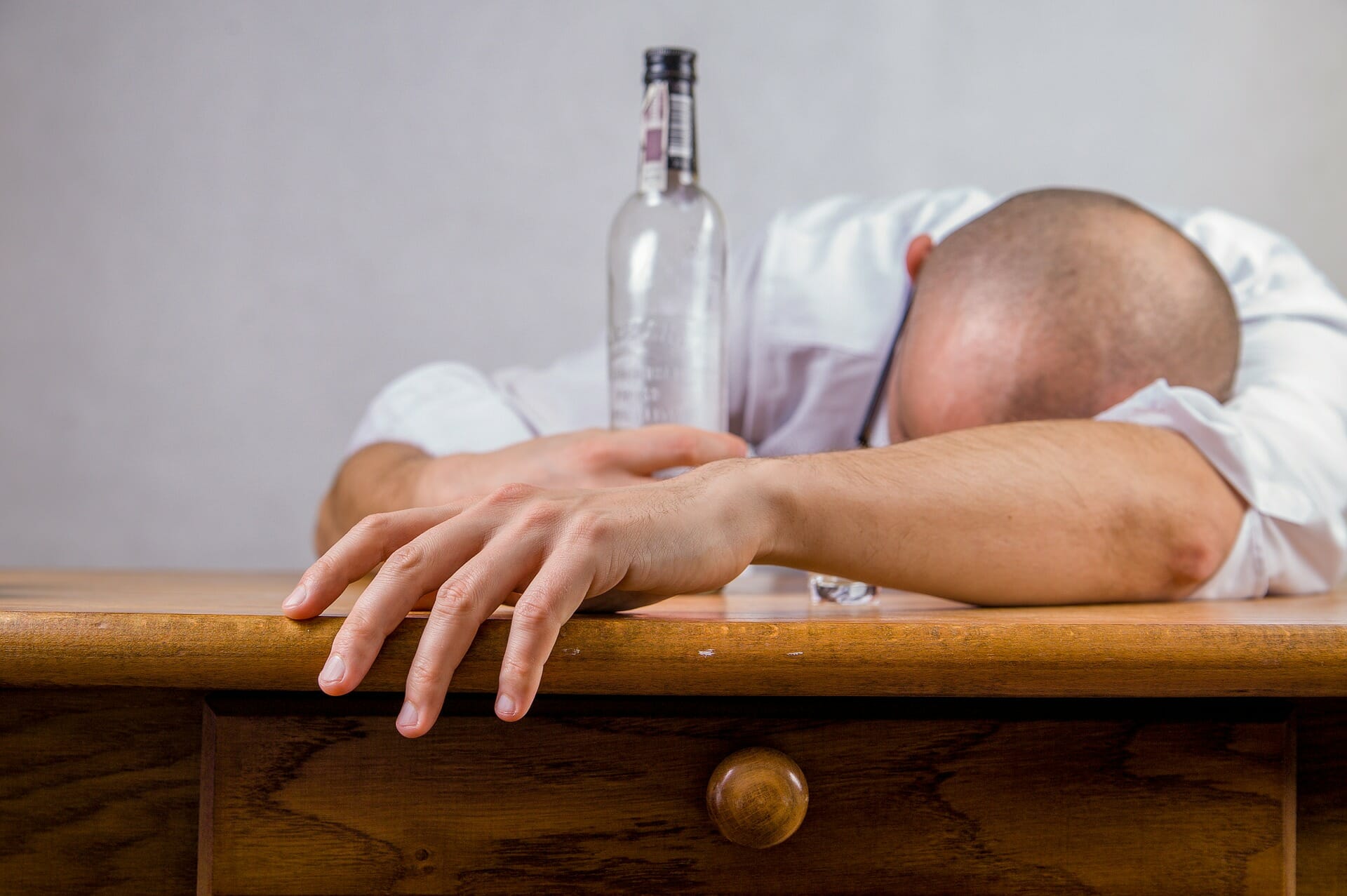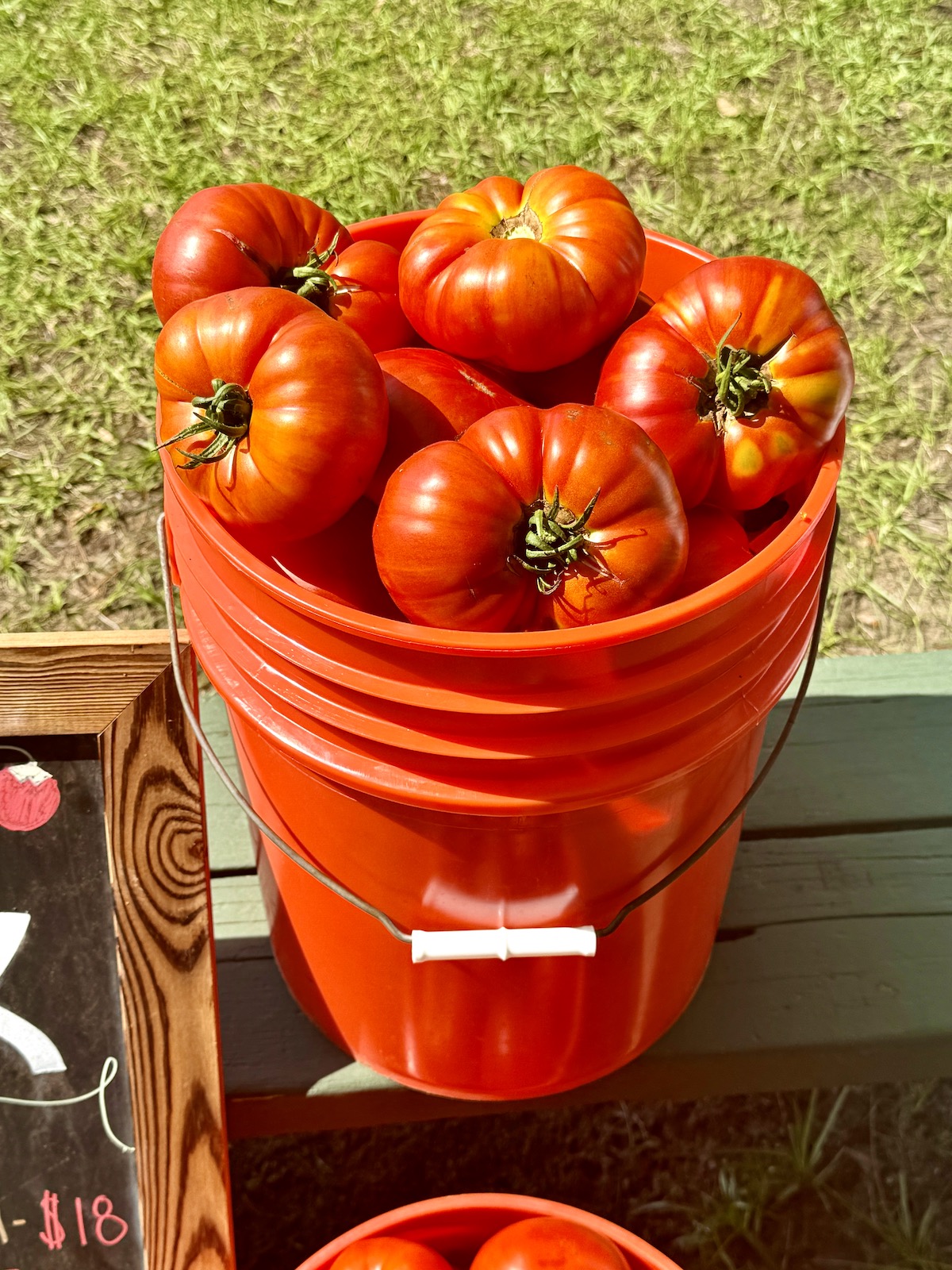How to spot signs of substance addiction and how to prevent it from happening during this time
It’s no secret that at-home drinking has been on the rise since the start of the pandemic. Where once drinking alcohol may have been reserved for social nights out or family get-togethers, enjoying an alcoholic drink at home has become a regular past time for many; it costs less and there is no closing time. Coupled with boredom, stress and anxiety, it could be hard to know when to stop, and lead to a slippery slope of becoming a habit or even a necessity for some. So how much is too much? What are the signs that these pandemic habits are becoming addictions? Experts at DesertHopeTreatment.com answered seven common questions to consider when trying to identify a possible addiction.
Is a drink before midday cause for alarm? What if I just prefer alcohol earlier rather than later in the day?
There are many dangers associated with drinking alcohol in the morning hours. If an individual feels the compulsive need to drink in order to face the day ahead, it could be a sign of psychological dependence on alcohol. Moreover, having a drink in the morning can gradually—but easily—build to two or three and could lead to an entire day spent drinking instead of conducting daily responsibilities. It’s also important to note that drinking excessively and over a prolonged period can increase the risk of developing both alcoholic dementia and alcoholic liver disease.
Does drinking three nights in a row mean I am a heavy drinker?
This may depend on the amount you are drinking in each sitting. The CDC defines heavy drinking as consuming eight drinks or more per week for women, or 15 drinks or more per week for men. Binge drinking is the most common form of heavy drinking and is defined, for women, as consuming four or more drinks on a single occasion. For men, this figure is five or more drinks on a single occasion. If you calculate a person’s drinking habits according to these figures, it can give an indication as to whether the amount is something to be concerned about.
I work from home and have a couple of beers with my lunch… That’s the same as when I have beers with colleagues at the office, isn’t it?
Having a drink at lunch does not necessarily constitute dependence or addiction but it is very possible that this affects your day-to-day responsibilities at work. Having a drink or two to ease the stress of a long might sound appealing, but it may leave you feeling tired, grumpy and restless in the hours to follow. A drink at lunch is not particularly problematic, but if your alcohol consumption during lunchtime impacts your productivity in a negative way, it could be a sign of a more concerning issue.
What are the first signs of an alcohol dependency?
While symptoms may vary between individuals, the first stage of an alcohol dependency is general experimentation with the substance – moderate drinking. This may familiarize drinkers with different types of alcohol and allow them to test their limits. This experimental phase is seen quite commonly in young adults, such as college students. This is usually combined with frequent instances of binge drinking.
This experimental stage is usually followed by increased consumption, such as to alleviate feelings of anxiety or stress, out of boredom, or to numb feelings of loneliness, isolation or sadness. Regular alcohol usage differs from moderate drinking in that there may be a higher emotional attachment to the habit or behavior of drinking. As this stage continues, the person may become more dependent emotionally on alcohol, therefore, may be at higher risk of developing a dependency.
If I am craving an alcoholic drink, how do I know if it’s an addiction or whether it’s out of boredom?
If you take notice of patterns in your drinking habits and your state of mind when reaching for an alcoholic drink, you may be able to determine this more effectively. However, if you find yourself attaching an emotional value to your drinking – such as to alleviate feelings of stress – it could indicate a more severe problem.
I find myself smoking a joint each night to help me sleep. It’s a natural substance and therefore it should be fine?
“Marijuana being a natural substance does not preclude it from risk,” says Lynnette Mitchell, interim director of nursing at Laguna Treatment Hospital. “Though visible signs of marijuana use are not as apparent as visible signs of alcohol use, the substance still alters the mind, impacts the functioning of the prefrontal cortex, impairs logic and can result in more serious health issues. Research has shown a clear link between adolescent marijuana use and an increased risk for an aggressive form of testicular cancer that primarily affects young men. Marijuana may be natural, but it is not innocuous.”
If I only drink wine & beer at home, and leave out the hard stuff, would that make me less vulnerable to addiction?
No. Alcohol dependency does not have to do with the kind of liquor consumed, it’s more to do with the excessive amount and frequency, as well as the effects of this on the individual’s everyday life. Therefore, it doesn’t matter whether you drink wine, beer, vodka, rum or whisky—if it is done in excess, it could lead to an addiction issue.
For additional information, visit DesertHopeTreatment.com
Exclusive content from CARE Magazine.







